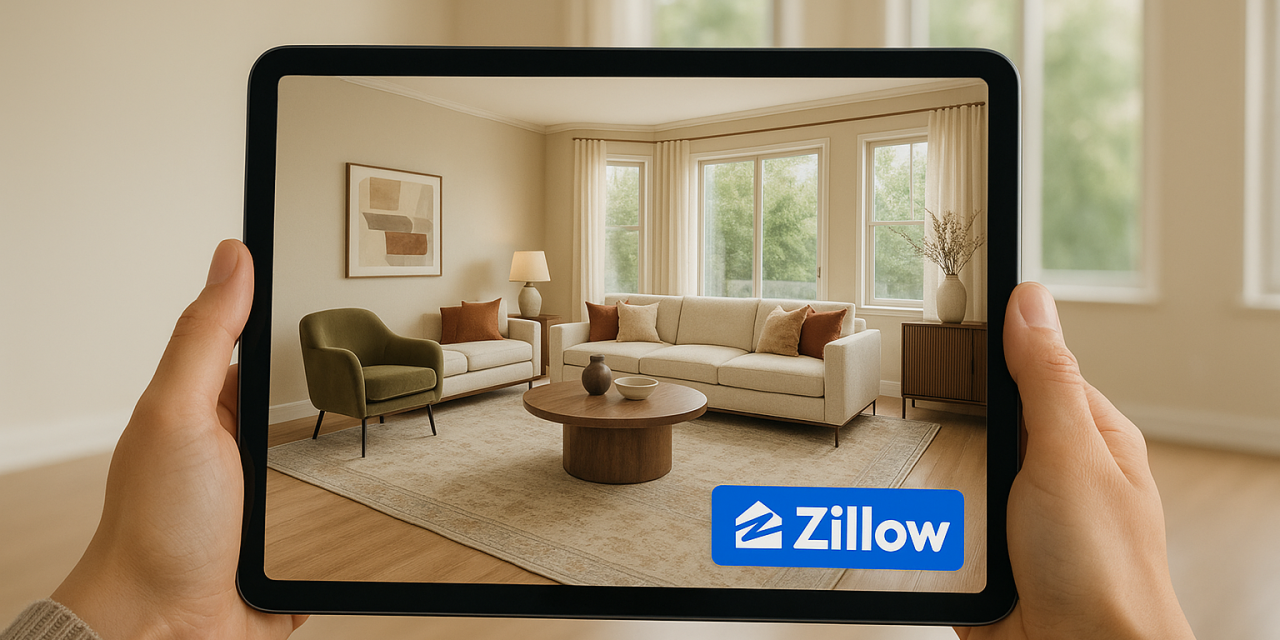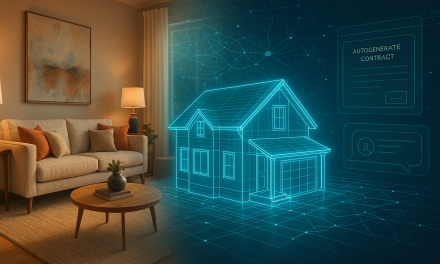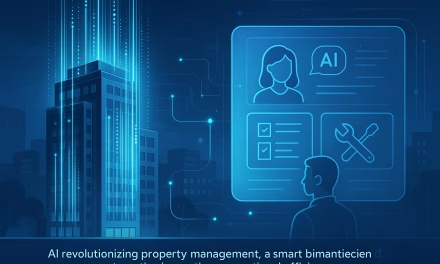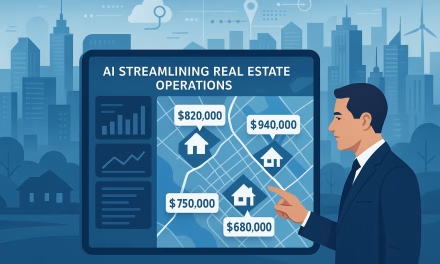In a strategic move that signals the growing importance of artificial intelligence in the real estate industry, Zillow Group has announced its acquisition of Virtual Staging AI Inc. This acquisition is a clear indication that the future of property marketing is not just digital, but intelligent, personalized, and visually driven.
Virtual Staging AI specializes in using artificial intelligence to transform images of empty rooms into fully furnished, beautifully decorated spaces. This technology allows potential buyers to visualize a property’s potential without the need for expensive and logistically complex physical staging. For sellers, it’s a powerful tool to make their listings more appealing and stand out in a crowded market. For buyers, it’s a way to see a house as a potential home.
The Power of Visualization in Real Estate
The real estate industry has always been about selling a vision, a lifestyle. Virtual staging takes this to the next level. By using AI to create realistic and aspirational images, sellers can showcase their property’s best features and create an emotional connection with potential buyers. This is particularly important in today’s market, where the majority of homebuyers begin their search online.
Zillow’s acquisition of this technology is a testament to its commitment to providing the most immersive and effective tools for both buyers and sellers. By integrating Virtual Staging AI into its platform, Zillow is not just enhancing its listings; it’s creating a more engaging and informative experience for its users.
What This Means for the Real Estate Market
This acquisition is more than just a single business deal; it’s a reflection of a broader trend in the real estate industry. AI is no longer a niche technology; it’s becoming a fundamental part of the real estate toolkit. From property valuation and market analysis to lead generation and customer service, AI is streamlining processes and providing a competitive edge to those who embrace it.
As AI technology continues to evolve, we can expect to see even more innovative applications in the real estate sector. Imagine AI-powered systems that can not only stage a home but also recommend personalized renovation ideas based on a buyer’s preferences, or chatbots that can answer complex questions about a property’s history and potential. The future of real estate is one where data-driven insights and intelligent automation are not just a luxury, but a necessity. Zillow’s latest acquisition is a clear sign that the industry is moving firmly in that direction.





